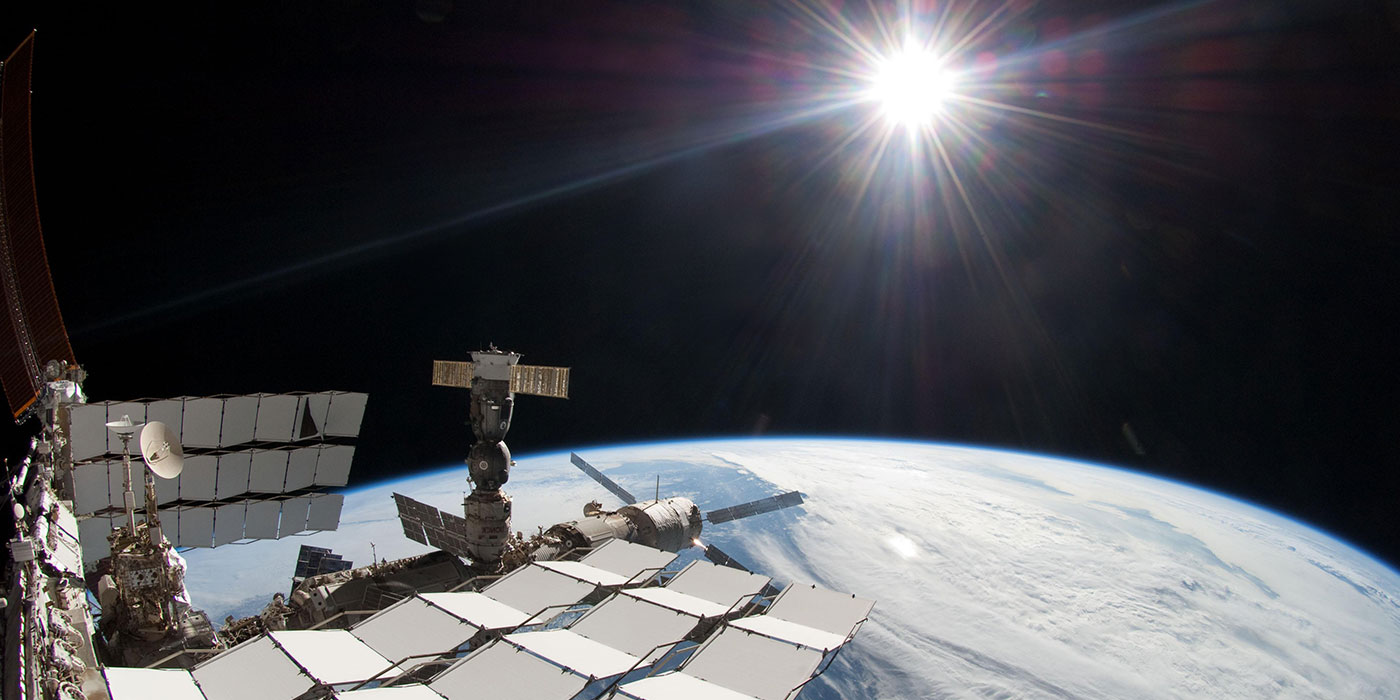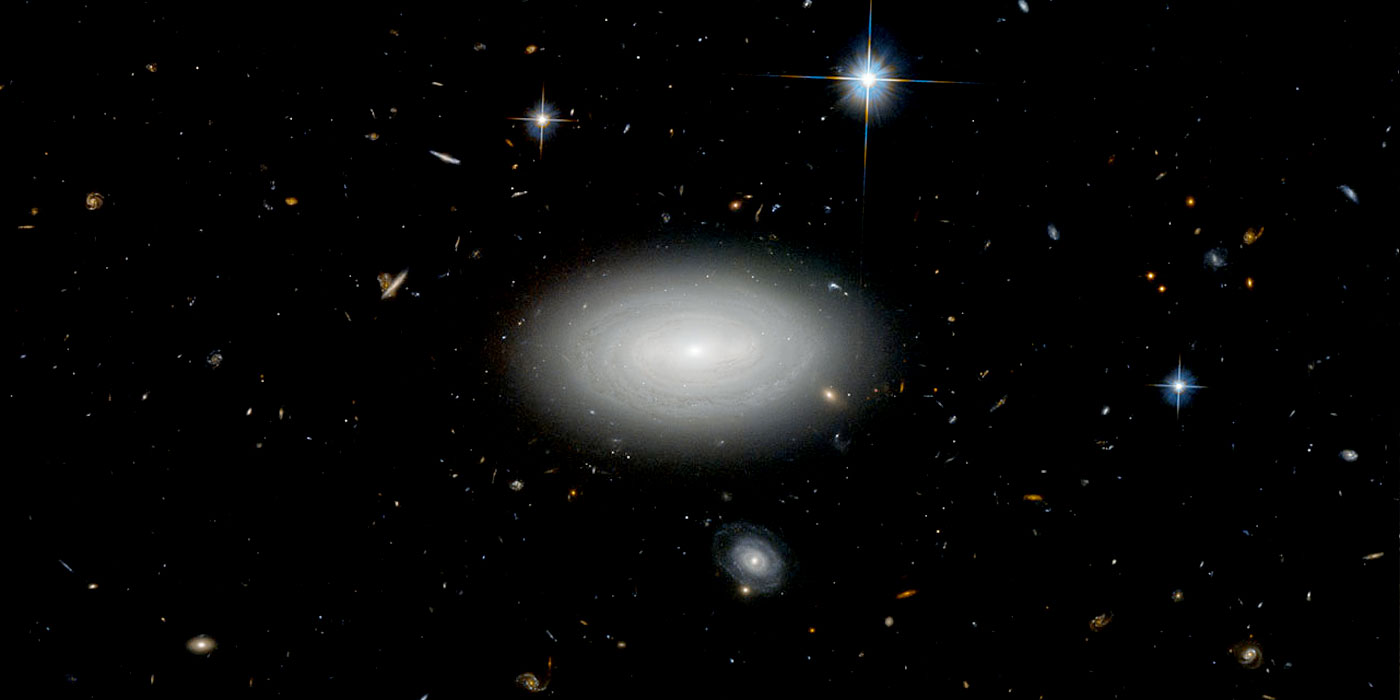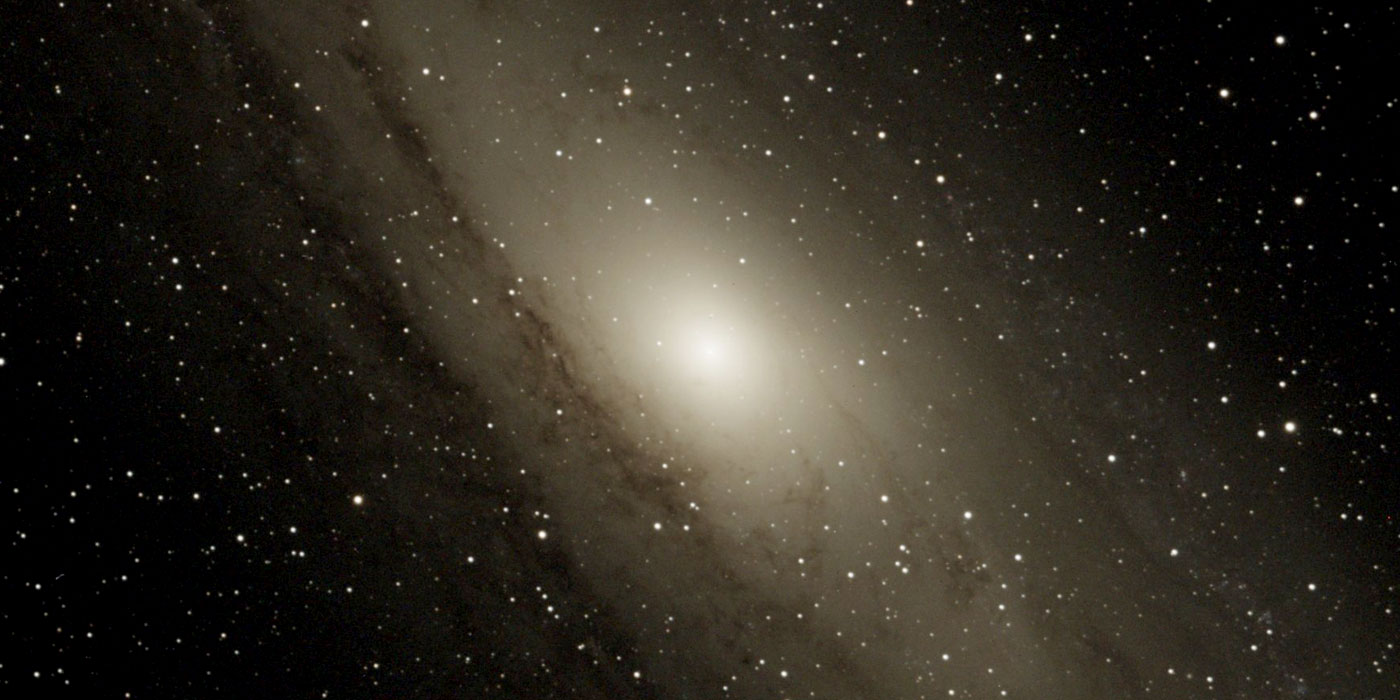Thirty
Last week, I turned 30.
Sometimes, when1 the2 news3 gets4 me5 down6, I like to remind myself of how insignificant we humans really are.
8 billion monkeys, stuck on a rock in space, hurtling at over 67,000 miles per hour7 around a ball of fire in the sky.
That ball, the Sun, is just one of 100 billion stars in our galaxy.8 And that galaxy, the Milky Way, is just one of billions—trillions?—of galaxies in the known universe.9
Our galaxy alone is so huge that light, the fastest possible thing—so fast we humans generally think of it as instant—takes 160,000 years to reach one side from the other.10 But, big as they are, galaxies are even further apart: that same light that took 160,000 years to cross our galaxy would take another 2,500,000 years to reach the outer edge of its nearest neighbour, the Andromeda Galaxy.11
The fastest humans can currently move is about 25,000 miles per hour,12 or 1/28000th the speed of light. At that speed, it would take us 325,000 years to reach Tau Ceti e, the nearest Earth-like planet we can detect in our galaxy.13 In other words, it’s basically unreachable.
Our earliest recorded history is 5000 years old.14 The Earth has been spinning around the Sun for 900,000 times that period – about 4.5 billion years.15 In other words, even on the scale of the Earth alone, we’ve basically only just appeared.
It’s on the eve of my 30th birthday that I bring these thoughts to mind.
Not because I’m trying to convince myself that 30 isn’t a big number. People keep asking me “So, what’s it like being 30?” as if I’m meant to reply “it’s terrible, I’m dying”, when obviously, it’s not much different from being 29 years old. Or 39 years old.
No, I bring this stuff to mind because it helps me let go of the fear that I’m wasting my time on Earth. When you see yourself as barely a speck in the history of time, lots of the day-to-day responsibilities and trivialities of life start to fade away.
There is a freedom in knowing, whatever happens here on Earth, it will amount to barely a rounding error on the scale of the universe. You can spend your whole life worrying about stuff, but in the end, long after we’re all gone, the Earth will keep spinning without us, as it has for the last 4.5 billion years.
This doesn’t mean, however, that life is pointless. Totally the opposite. It helps me consider the point of life. When your actions are insignificant on a galactic—or even global—scale, what’s left? What really matters, and what do I have power to control?
Happiness. Kindness. Safety. Love. Joy.
Other people’s, and my own. Those are the things we can change. Those are the things that matter.
More of the good
I’m the sort of person who volunteers for a lot of stuff. It’s one of the benefits of being young and single. But it’s also a tricky balance – eventually you find you’re doing things because you’ve always done them, rather than because you think they’re worthwhile or will make someone’s life better.
And as I enter my 31st year on this planet, I feel like I need to try harder at doing more of the things that bring happiness, kindness, and joy—to me or other people—and less of the things that don’t.
It’s hard to do, because it’ll inevitably mean letting some people down. But it’s better to be open and honest that something’s not working, or that there’s nothing more I can add to these side-projects, than it would be to soldier on, delaying the inevitable, starving them of the opportunity for a clean break or a new beginning under different leadership.
I’m being purposefully vague about the specific projects I have in mind here. The fact is, it doesn’t matter which things I think I should continue, and which I should drop. What’s important—I realise, after a particularly stressful year—is that I override my instinct to take on every cause, and dedicate the time to make the hard decisions about where I can really add value.
It’s only once I stop to think about it, that I realise how much I’ve done this year, aside from my work at mySociety, and my family and social life. From steering the Liverpool chapter of the Awesome Foundation through its 5th year, to being secretary and acting treasurer of my apartment block’s residents association, playing bass far less than I’d like in a band with some old friends, running a Code Club for kids at the library, being an organiser at MakeFest, getting involved with crazy pro-bono electronics projects for Light Night and the Great Exhibition of the North, joining the board of directors for a civic participation CIC in Liverpool, and slowly taking on more of a organiser role at the coworking space I moved into in April.
Some of these things I do because I love them. Some I do because they really make a difference to the people and city around me. But some I do simply because I feel obligated to, or because nobody else will. In 2019 I need to get better at doing more of the first two types, and less of the last two.
I hope that, by focussing on the things I love, I can make more of a difference to myself, and the people around me, than I feel I’ve been able to make in the last 18 months.
Time for me
I’ve noticed that, with all the craziness of the past year, I’ve also started spending less time on myself. Busy days and packed evenings have led me to favouring quick, easy solutions – fast food on the way home, flaking out in front of the TV to wind down in the evening, not looking after the apartment, not trying new things.
18 months ago, I saw a friend of mine, Francis Irving, give a really moving talk about mental health, and how we (still) just don’t talk enough about it.
We’re all fairly good at working out when our bodies are unwell or out of shape. We know the signs to look for. There’s culture and education around concepts of illness, fitness, and ageing. But the same still isn’t true for mental health.
I remember, a few years ago, seeing this comic—“Dr. Carmella’s Guide to Understanding the Introverted” by Roman Jones—and suddenly feeling a lightbulb go on in my head. It was one of the first times I’d seen the things I feel, about energy and socialising, displayed in black and white, as a real thing that other people share:
I know this is only a pop psychology comic, and I know it’s problematic in the way it’s predicated on the idea of introverts being something unusual that you need to “handle” or “treat” in some special way. So take it with a pinch of salt.
But, my point is, I was probably 25 or 26 at the time I saw this. How on earth had society allowed me to go 25 years without knowing I was an introvert? People always saw me—bubbly and friendly at school, speaking in public, acting on stage, or playing music in a band—and were then surprised when I said I really didn’t want to go out at night, or when I stood quiet in a corner at parties.
Turns out I wasn’t broken, I was just different.
The reason I mention this all is because, 30 years in, I’m starting to realise that there’s still a lot I don’t know about myself. And it’s time I started investing in myself, to discover this stuff better. Some people go on retreats to the Himalayas. I’m not sure I can be arsed with that. But actually getting time to sort my Lego collection, or to finish those books piling up on my coffee table – they feel like they’d be a good start. Like raking a zen garden, it’s not the activity itself that matters, it’s the things your mind wanders to while you’re doing it.
-
“‘Unnecessary Misery’: UN Poverty Expert Lambasts Austerity And Government Cuts” – Independent, 2018-04-24 ↩
-
“MPs find government in contempt of parliament in historic motion” – Guardian, 2018-12-05 ↩
-
“Stansted 15: the conviction of peaceful protesters” – Guardian, 2018-12-12 ↩
-
“Tories restore whip to MPs suspended over claims of sexual misconduct so they can take part in Theresa May no-confidence vote” – Independent, 2018-12-13 ↩
-
“Bereaved mother criticises Facebook over baby ads” – BBC, 2018-12-12 ↩
-
“Migrant girl, 7, dies of dehydration while in Border Patrol custody in US” – Telegraph, 2018-12-14 ↩
-
“Earth’s Orbit” – Wikipedia ↩
-
“How many stars in the Milky Way?” – NASA Blueshift ↩
-
“Hubble Reveals Observable Universe Contains 10 Times More Galaxies Than Previously Thought” – NASA ↩
-
“Size of the Milky Way Upgraded, Solving Galaxy Puzzle” – Space.com ↩
-
“Andromeda Galaxy” – Wikipedia ↩
-
“The most extreme human spaceflight records” – Space.com ↩
-
“Tau Ceti” – Wikipedia ↩
-
“Recorded History” – Wikipedia ↩
-
“Age of the Earth – Wikipedia ↩



